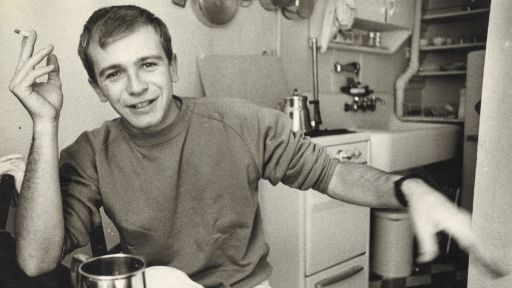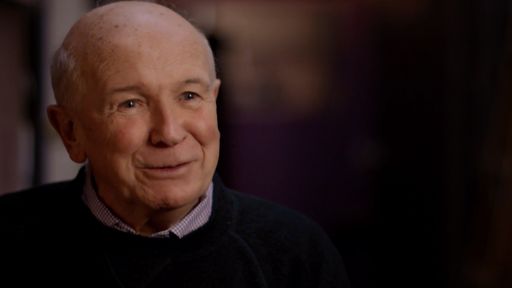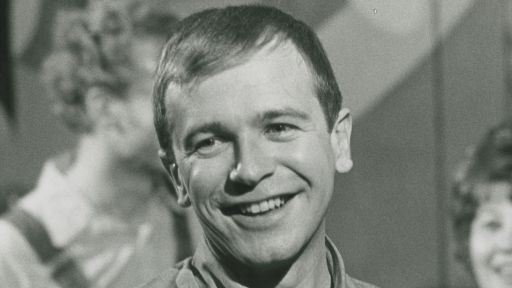Playwright, librettist, scriptwriter and outspoken LGBTQ activist Terrence McNally has died at 81 from complications due to the disease caused by the novel coronavirus, COVID-19. McNally long believed in the power of the arts to transform society and make a difference.
Over the course of his long career, he wrote trailblazing plays, musicals, operas and screenplays about sexuality, homophobia, faith, the power of art, and the need to connect and finding meaning in every moment of life, including Next (1969), The Ritz (1975), Frankie and Johnny in the Clair de Lune (1982), Kiss of the Spider Woman (1992), Love! Valour! Compassion! (1994), Master Class (1995), Ragtime (1996), Dead Man Walking (2000), The Full Monty (2000) and Mothers and Sons (2014).
Rising above challenges, including his abusive alcoholic parents and growing up as a gay teen in a conservative Christian town, McNally overcame his own alcoholism (sparked by Angela Lansbury’s intervention), the deaths of friends and lovers to AIDS and cancer, including fellow playwright Wendy Wasserstein, and his own brutal fight with lung cancer. An outspoken champion of marriage equality and LGBTQ rights, he faced violent protests over his controversial play Corpus Christi (1998) – a gay, modern-day retelling of the story of Jesus – and found lasting love with his husband, producer-lawyer Tom Kirdahy.
“The stakes are really high now, higher than ever. We need to bring barriers down, not build walls. We need to love one another more and see how connected we really are. I think that’s the message of art,” said McNally.
Jeff Kaufman, director of an American Masters film on McNally called “Terrence McNally: Every Act of Life,” called the playwright “…one of the world’s most courageous human rights activists and political prisoners.”
In a 2014 interview with Paula Zahn on NYC-ARTS, McNally talked about some of the milestone moments of his extraordinary life in the theater:





